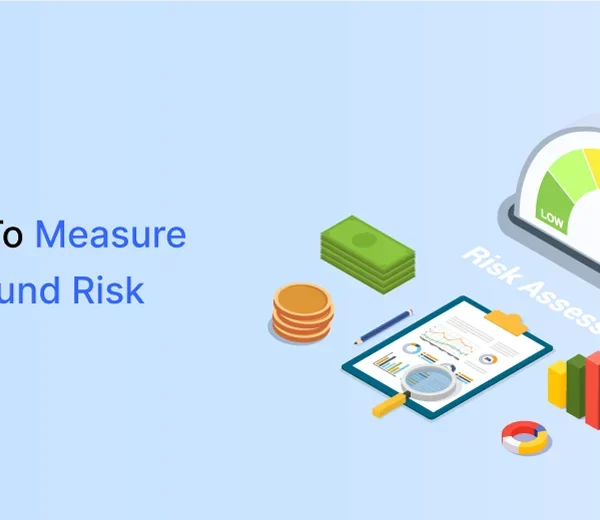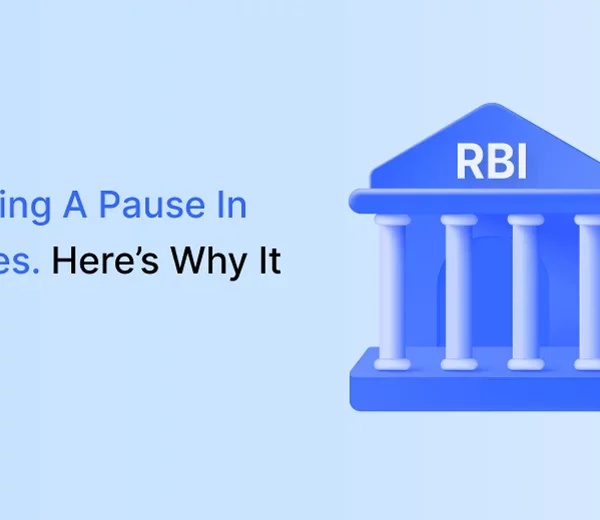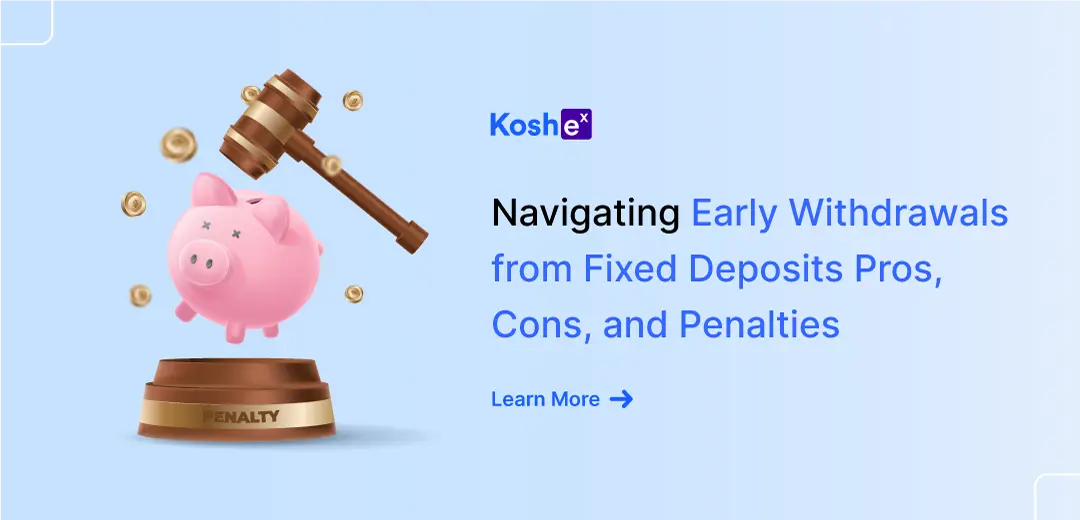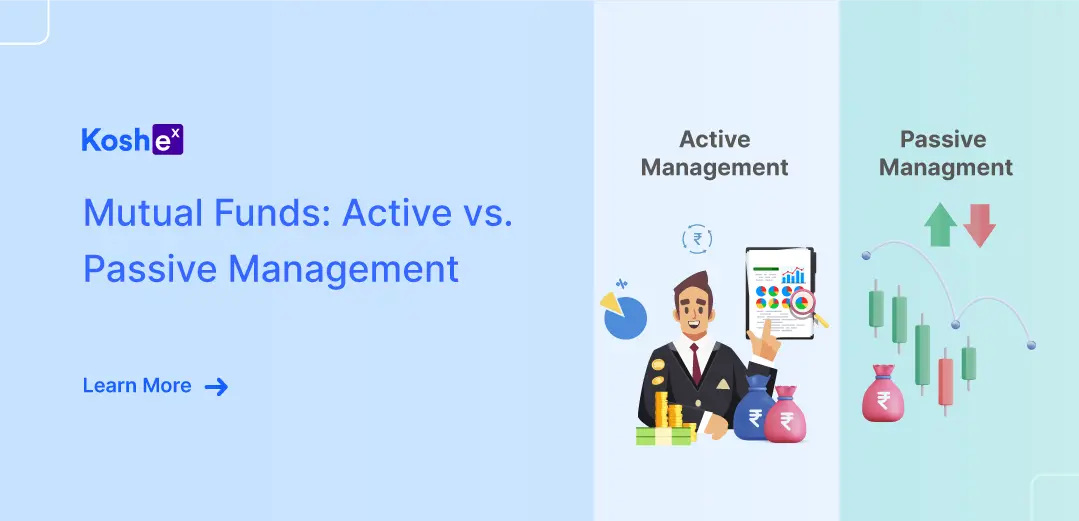The recently approved Finance Bill ends indexation benefits for debt mutual funds. In this article, we are exploring how it will affect debt fund investors.
Debt Mutual Funds Are Going Through A Major Change
Recently, the Finance Bill 2023 was approved by the Lok Sabha with over 45 amendments. One of the major changes that were announced was that the tax benefits for long-term debt mutual funds were eliminated by the government. This change came into effect on 1st April 2023.
What Does This Mean?
Earlier, the long-term capital gains that you get from debt mutual funds will carry indexation benefits. However, after this amendment, the indexation benefits on long-term capital gains on debt mutual funds will be eliminated after March 31, 2023. Without the indexation benefit, the long-term capital gains will be added to the investor’s income and taxed according to the income tax slab applicable to the individual.
Why Should You Care?
Because indexation benefits were a huge thing.
We all are aware of the concept of inflation. It is the phenomenon of increases in the prices of goods and services over time. This means, your money is losing value continually and this affects your investments as well.
For example, you invested ₹40,000 in debt mutual funds in 2016. After 4 years, you are thinking of selling the investment and getting ₹85,000. Since you held your investment for more than 3 years, the gain on your investment will be categorized as long-term capital gains.
If you wish to find the taxable gains after indexation benefit on debt fund returns, the original price is adjusted for inflation using Cost Inflation Index (CII).
This is the formula that is used:
Inflation-adjusted purchase price = Actual purchase price x (CII in the year of sale / CII in the year of purchase.
Here’s how it will be calculated: 40,000 x (301/264) = ₹45,606
Taxable capital gains (After indexation) = 85,000 – 45,606 = 39,394.
Here, you need to pay tax only on the ₹39,394, instead of on ₹45,000.
Indexation benefits ensured that you didn’t pay tax on the inflation value of your profits. But now, all your long-term capital gains on debt mutual funds will be added to your income and you need to pay tax on all of it.
What Should You Do Now?
If you are someone who likes to stay invested in debt mutual funds for the long term, you should be aware that your long-term capital gains will be taxed like fixed deposits. Experts believe that this move by the government would make many people consider putting their money in FDs instead of in debt mutual funds.
The one thing that debt mutual fund investors should not do is withdraw their money in a panic. That will not do any good. Understand how the debt mutual funds fit your investment portfolio and you can gradually reallocate some portion towards FDs.
Even if debt mutual funds lose their indexation benefits, they still carry other benefits such as professional fund management, stable returns, high liquidity, and more. So, you can still opt for debt mutual funds to bring balance to your investment portfolio.
If you wish to invest in Fixed Deposits, you can create a free account with Koshex today. Also, you can invest in debt mutual funds with Koshex and choose a favorite fund from our list.









Leave a Comment